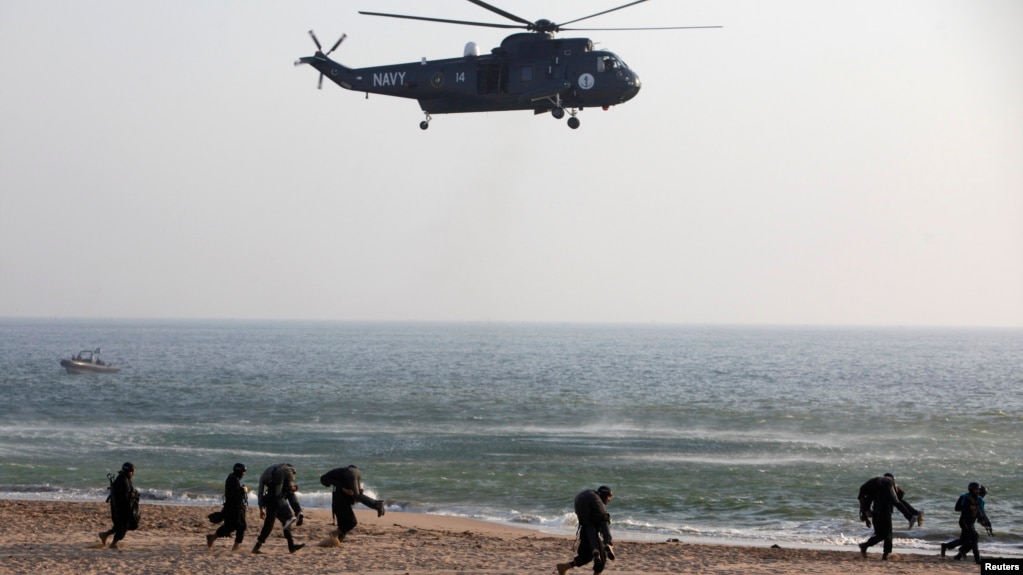Nukhbat Malik
 From rifles to combat aircraft and warships, China has become the dominant supplier of weapons to Pakistan, Bangladesh and Myanmar, according to the latest report by the Stockholm International Peace Research Institute (SIPRI). Titled "Trends in International Arms Transfer, 2017" the report reflects on the major change in the geopolitical sphere of South Asia. Weapons sales to Pakistan by the United States have dropped by 76 percent in the past five years, according to the report. China has become the biggest supplier of arms to India's archrival neighbor, providing 35 percent of its arms to Pakistan from 2013 to 2017.
From rifles to combat aircraft and warships, China has become the dominant supplier of weapons to Pakistan, Bangladesh and Myanmar, according to the latest report by the Stockholm International Peace Research Institute (SIPRI). Titled "Trends in International Arms Transfer, 2017" the report reflects on the major change in the geopolitical sphere of South Asia. Weapons sales to Pakistan by the United States have dropped by 76 percent in the past five years, according to the report. China has become the biggest supplier of arms to India's archrival neighbor, providing 35 percent of its arms to Pakistan from 2013 to 2017.












